Helping Israel’s Lone Soldiers
What do you do when you have no place to go for Shabbat? That’s when the Lone Soldier Center in Memory of Michael Levin becomes a lifesaver—in more ways than one.
JOSHUA FLASTER grew up in Phoenix, Arizona, the grandson of Holocaust survivors. Although he wasn’t particularly religious, he took pride in being Jewish and identified so strongly with his people that 12 hours after he graduated from Yale University in 2005, he was on a plane to Israel and never looked back. Within a month he was serving with the Israel Defense Forces (IDF) and found himself in a situation that changed his life.
“I remember my first week in the army was about 36 hours long,” Flaster told The Friends of Israel Gospel Ministry during a recent visit to our headquarters in New Jersey. “They drafted us on a Wednesday, and Friday morning a bunch of buses pulled up, and I was told, ‘Shabbat Shalom, we’ll see you on Sunday.’ I was very, very confused because I had signed up to serve in the Israel Defense Forces, and I did not know where they were sending me for the weekend. Everyone was going home.
“I had come to base with all of my earthly belongings because I thought, per the American model, I was government property and that it would be a year or two until I went anywhere. But that’s not how the IDF works. They send the soldiers home every single weekend to be with their families. So a big gap exists for the lone soldiers because they don’t have families to go home to.”
Suddenly, Joshua had become one of the country’s 7,000 lone soldiers—men and women without immediate family in Israel—who compose a significant portion of the IDF fighting units. “If you’re going to leave behind your family and friends in the U.S., Canada, France, Mexico, wherever you came from, to go around the world to try to protect Israel, then you want to be in combat.”
Today Flaster serves Israel as the director of the Lone Soldier Center in Memory of Michael Levin, a Bucks County, Pennsylvania, native who was killed on the battlefield at age 22 during Israel’s 2006 war with Hezbollah terrorists in Lebanon. An IDF paratrooper, Michael was a lone soldier with a passion for looking out for others. He also was Joshua’s friend.
FOR THE LOVE OF ZION
Learn more about the conflict between Israel and Islamic jihadists in For the Love of Zion by Elwood McQuaid.
“Michael was a big unifier,” Flaster said. “He brought everyone together. Michael lived in an apartment across from Zion Square in the middle of downtown Jerusalem, and he would have large groups of other lone soldiers over on Friday and Saturday nights. It would be the first place to go before you did anything else. You’d stop by Michael’s and hang out with him. It was the nucleus that brought all of the lone soldiers together in a formal community in Jerusalem in 2004, 2005, 2006.”
Even though only a small percentage of Jewish people in Israel are religious, 60 percent of the country celebrates the Sabbath. It’s a way of life. “Having four soldiers for Shabbat is actually not that fun,” Flaster explained. “Shabbat is about family and communities coming together: 10, 15, 20 people gathering around a Shabbat table and breaking bread and enjoying family, community, and fellowship.”
The weekends at home are credited with reducing the incidents of Post-traumatic Stress Disorder (PTSD) among IDF soldiers. “Israel does not have that many problems with PTSD for a country that fights a lot,” Flaster said. “You have this amazing setup where a young man goes off on a mission or fights a war, and he comes back home to a dad, an uncle, a grandparent who also was most likely a combat soldier and went off to war and came back and had to deal with the stress and trauma of losing friends or seeing something upsetting.”
Life for lone soldiers can be difficult, which is why Michael Levin touched so many lives. “We’d go by Mikey’s place for meals and a place to sleep closer to the middle of Jerusalem,” said Flaster. “Mikey’s spirit of giving and hospitality and love of Israel and trying to bring together lone soldiers that he met on a bus, that he met on the street, was one of the driving forces, if not the critical driving force, behind our desire to do something to help out lone soldiers after Michael was killed.”
Flaster helped found the center in 2009. “When a group of us who were friends with Michael finished in the army,” he said, “we wanted to do something beyond putting up a plaque or planting trees. We saw that the appropriate thing to do for Michael was help other people, help other soldiers coming into the army, to have a living memorial to what Michael had stood for, looking out for other guys, looking out for soldiers who need help.
“You can never replace a family unit. And that’s what the lone soldiers miss. They don’t have their family unit in Israel. But our ultimate goal is to provide all of the help and love and support and a safe place to return home that a family would provide.”
Today the Lone Soldier Center in Memory of Michael Levin provides housing for 150 lone soldiers in seven buildings around the country. When the buses arrive on Friday morning, there is somewhere lone soldiers can go, minimizing their loneliness and homesickness.
The center also offers counseling, Flaster said. It has hired people with master’s degrees in social work to help lone soldiers deal with trauma and baggage, especially those from the ultra-Orthodox community who have been ostracized by their families. “When young people from the [ultra-Orthodox] community decide to serve in the IDF, they’re cut off from their families and kicked out of their homes. So we have a significant population today of people who are defined as lone soldiers because their families have cut them off entirely,” Flaster said. “They come to the army with real baggage that needs to be dealt with to have a successful service and a successful life.”
The center also focuses on providing for the soldiers on holidays. “We host 100 plus soldiers for Friday night dinner or Jewish holidays throughout the year. We have very big meals that bring soldiers together because they don’t have family to celebrate those holidays with,” Flaster said.
About 50 percent of the lone soldiers remain in Israel following their military service. “A sizeable portion who return to their native countries would like to stay in Israel,” Flaster said, “but it’s hard to find work.” The center hopes to continue to grow to house more lone soldiers in the future and help more remain in Israel when their IDF service ends.
For more information about the Lone Soldier Center in Memory of Michael Levin, log on to lonesoldiercenter.com.
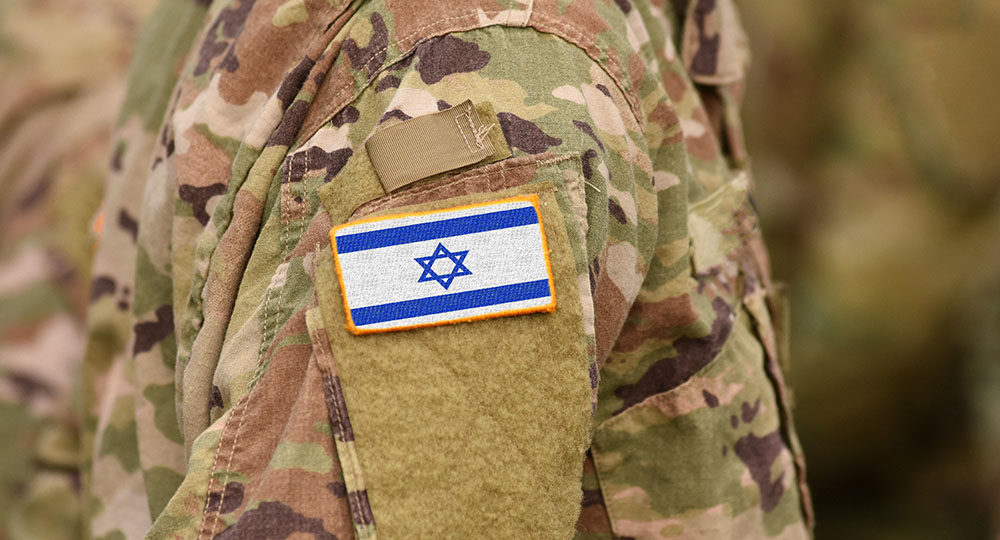

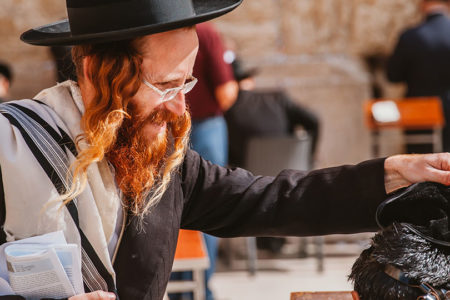
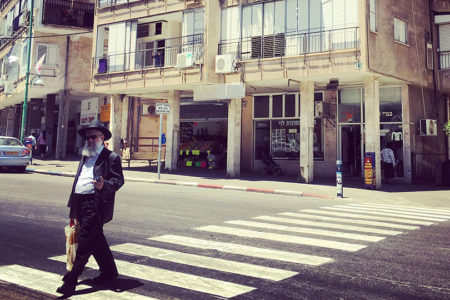
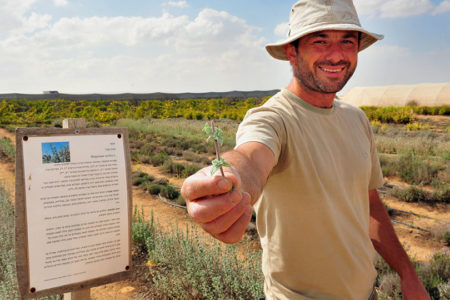
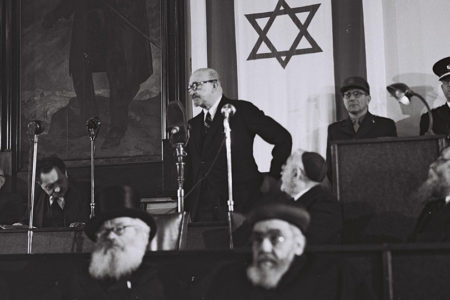
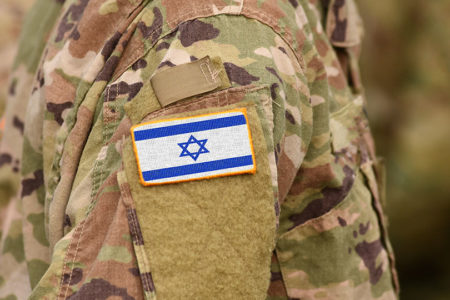


This is so beautiful! I did not know that anything like this existed!